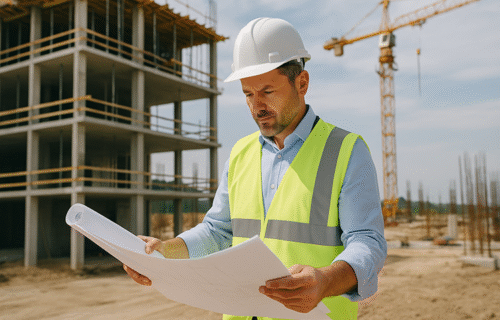Slovenia has introduced a series of changes to its Building Act (GZ-1B), which took effect on 15 October 2025 following publication in the Official Gazette. The amendment aims to simplify administrative procedures, improve legal clarity, and accelerate reconstruction efforts, particularly in response to natural disasters.
The revised legislation streamlines permitting for urgent and temporary construction, enhances inspection powers, and introduces broader use of digital tools such as the eGraditev electronic system. The platform will gradually become the central channel for issuing permits, managing applications, and conducting inspections, with full integration planned by 2028.
Among the most notable adjustments is the updated definition of temporary structures, which can now be erected without a building permit for up to three years in emergencies or other exceptional circumstances. Rules for emergency reconstruction have also been clarified, allowing damaged buildings to be restored to their original state more quickly, with a one-year window to begin construction after an incident.
Inspection and enforcement have been reinforced after years of limited capacity at the Construction Inspectorate. The amendment introduces clearer oversight mechanisms for projects that do not require building permits and will link inspection processes to eGraditev in the coming years.
The law also tightens deadlines for public authorities to issue opinions and project conditions — 15 days in standard cases and 30 days where extended by law. If these deadlines are missed, a positive opinion will be presumed, reducing bureaucratic delays that have historically slowed development.
Further changes include the explicit recognition of universal design principles, provisions encouraging the reuse of building materials without reclassification as waste, and priority processing for public-interest projects such as housing, infrastructure, and student accommodation.
Legalisation rules have been extended until the end of 2030 for buildings that reached the rough construction phase before November 2017. The amendment also establishes a presumption of legality for certain older structures built before 1967 or with valid permits issued before the early 2000s.
Overall, the GZ-1B amendment reflects Slovenia’s move toward a faster, more transparent, and digitally supported construction permitting system that balances development needs with stronger regulatory oversight.
